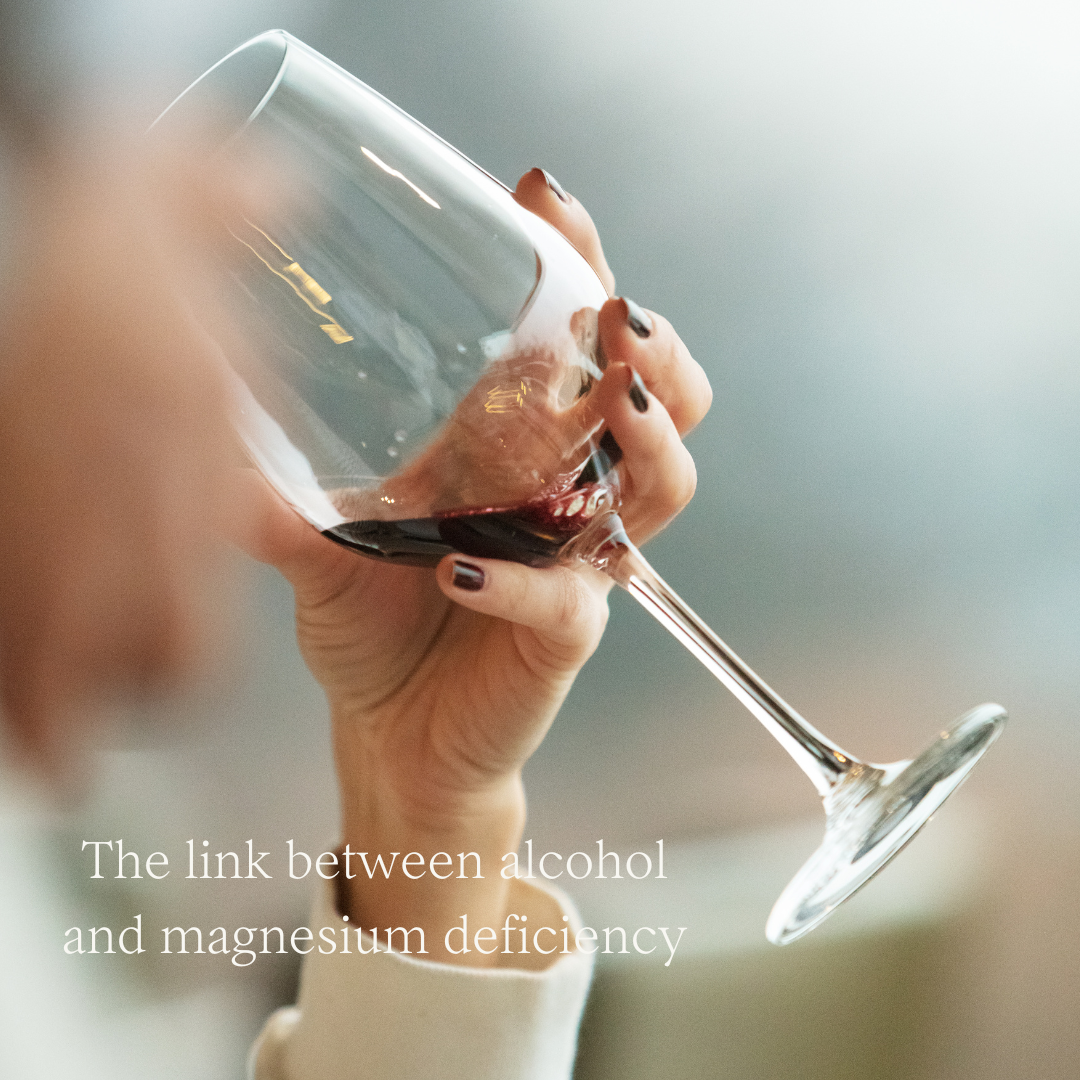
The Surprising Link Between Alcohol, Magnesium Depletion, and Sleep Quality
Sleep is essential for our overall health and well-being, yet many factors can disrupt this vital function. One often-overlooked culprit is alcohol consumption. While a glass of wine may initially seem to relax you, it can have significant repercussions on your sleep quality, partly due to its impact on magnesium levels in the body. In this article, we'll explore the intricate relationship between alcohol, magnesium depletion, and how it affects your ability to get a good night's rest.
Alcohol and Magnesium Depletion:
Alcohol consumption can lead to magnesium deficiency through various mechanisms. Firstly, alcohol acts as a diuretic, causing increased urination and subsequent loss of magnesium through the urine. Additionally, alcohol impairs the absorption of magnesium in the gastrointestinal tract, further exacerbating depletion levels. This double whammy effect can significantly lower your body's magnesium stores over time.
Magnesium's Role in Sleep:
Magnesium plays a crucial role in regulating neurotransmitters and hormones involved in the sleep-wake cycle. It acts as a natural relaxant, helping to calm the nervous system and promote feelings of relaxation and calmness. Magnesium also regulates the production of melatonin, the hormone responsible for signaling to your body that it's time to sleep. Furthermore, magnesium is involved in muscle relaxation, which is essential for achieving deep, restorative sleep.
The Impact on Sleep Quality:
When your body is deficient in magnesium due to alcohol consumption, it can disrupt these essential sleep processes. Low magnesium levels may lead to difficulty falling asleep, frequent awakenings during the night, and restless or disturbed sleep patterns. Even if you do manage to fall asleep after drinking alcohol, the quality of your sleep is likely to be compromised, leaving you feeling groggy and unrested the next day.
Breaking the Cycle:
Breaking the cycle of alcohol-induced magnesium depletion and poor sleep quality is crucial for overall well-being. One effective strategy is to reduce or eliminate alcohol consumption, especially in the hours leading up to bedtime. Additionally, incorporating magnesium-rich foods into your diet, such as leafy greens, nuts, seeds, and whole grains, can help replenish depleted magnesium stores.
Using Magnesium for Better Sleep:
Incorporating magnesium supplementation into your nightly routine can also help support healthy sleep patterns. Our Magnesium Beauty Sleep Spray with Lavender angustofolia offers a convenient and effective way to boost your magnesium levels and promote relaxation before bedtime. Simply spray it on your feet before bed and let the soothing combination of magnesium and lavender help you drift off into a peaceful slumber.
Alcohol consumption can have far-reaching effects on your health, including its impact on magnesium levels and sleep quality. By understanding the link between alcohol, magnesium depletion, and sleep disturbances, you can take proactive steps to prioritize your sleep and overall well-being. Whether it's reducing alcohol intake, incorporating magnesium-rich foods into your diet, or using magnesium supplements like our Magnesium Beauty Sleep Spray, making sleep a priority can lead to significant improvements in your quality of life.
The information provided by The Base Collective is not intended to be used as medical advice and should not take the place of professional or medical advice. Always seek the guidance of your doctor or other qualified health professionals with any questions you may have regarding your health or medical condition.
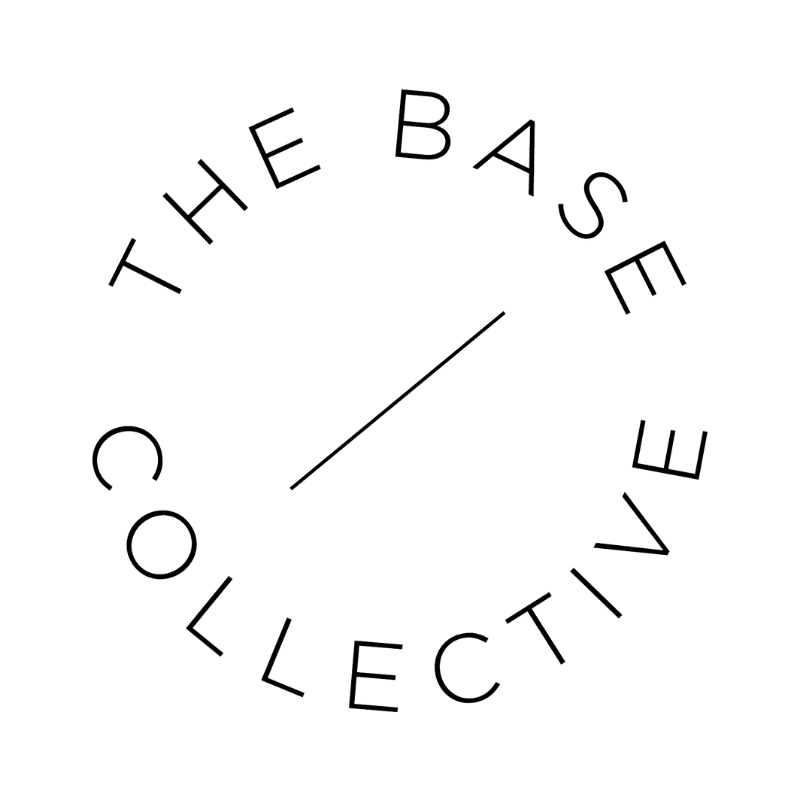
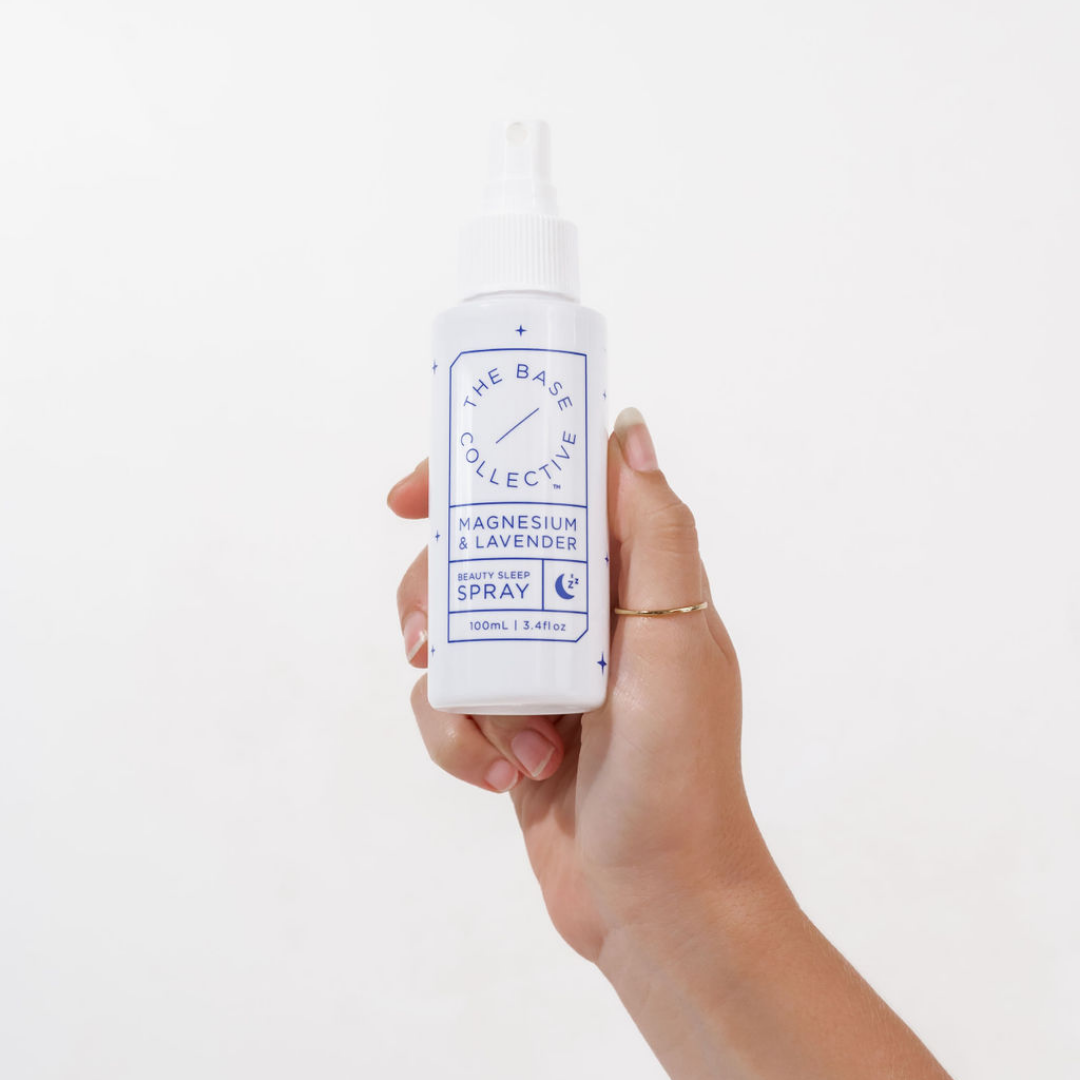
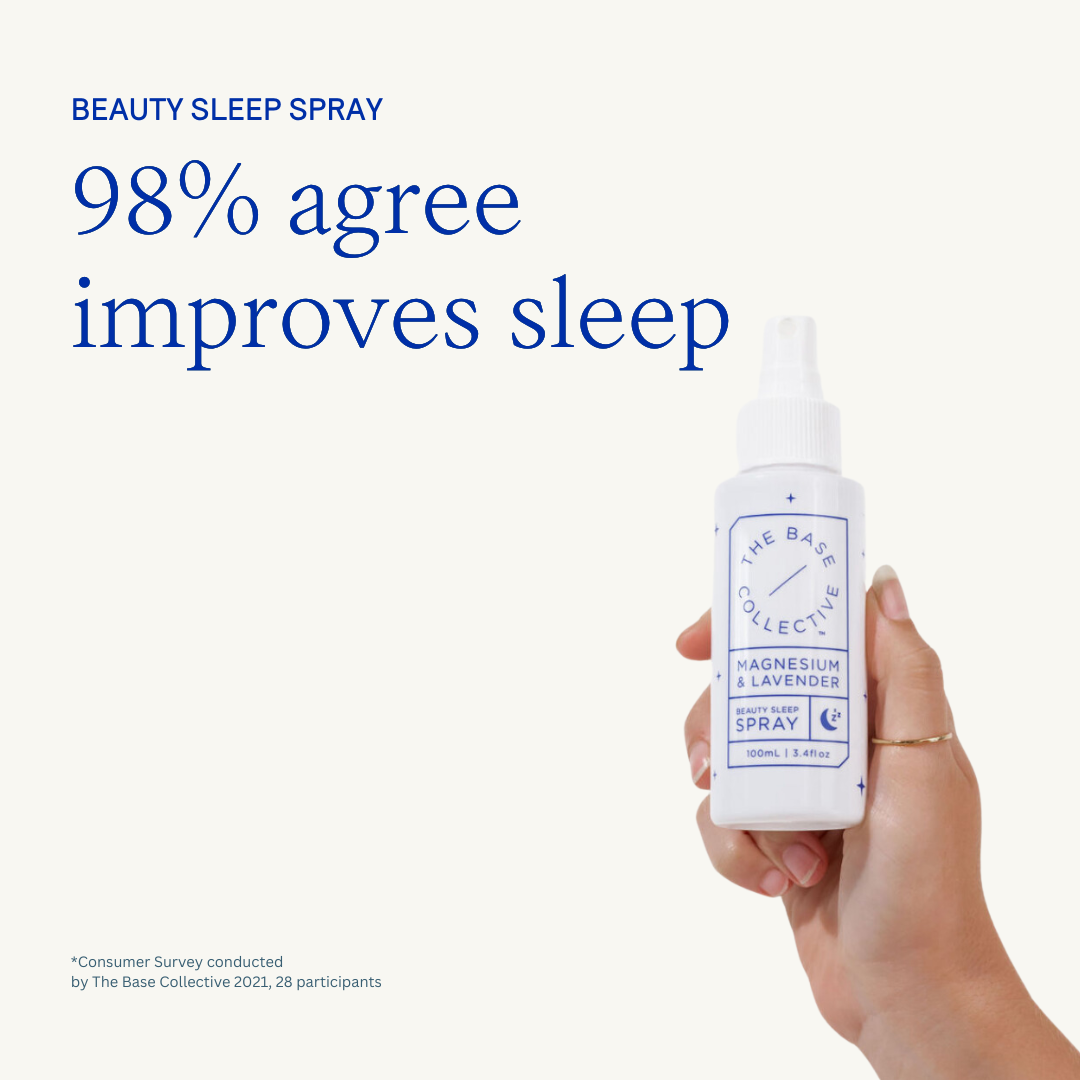
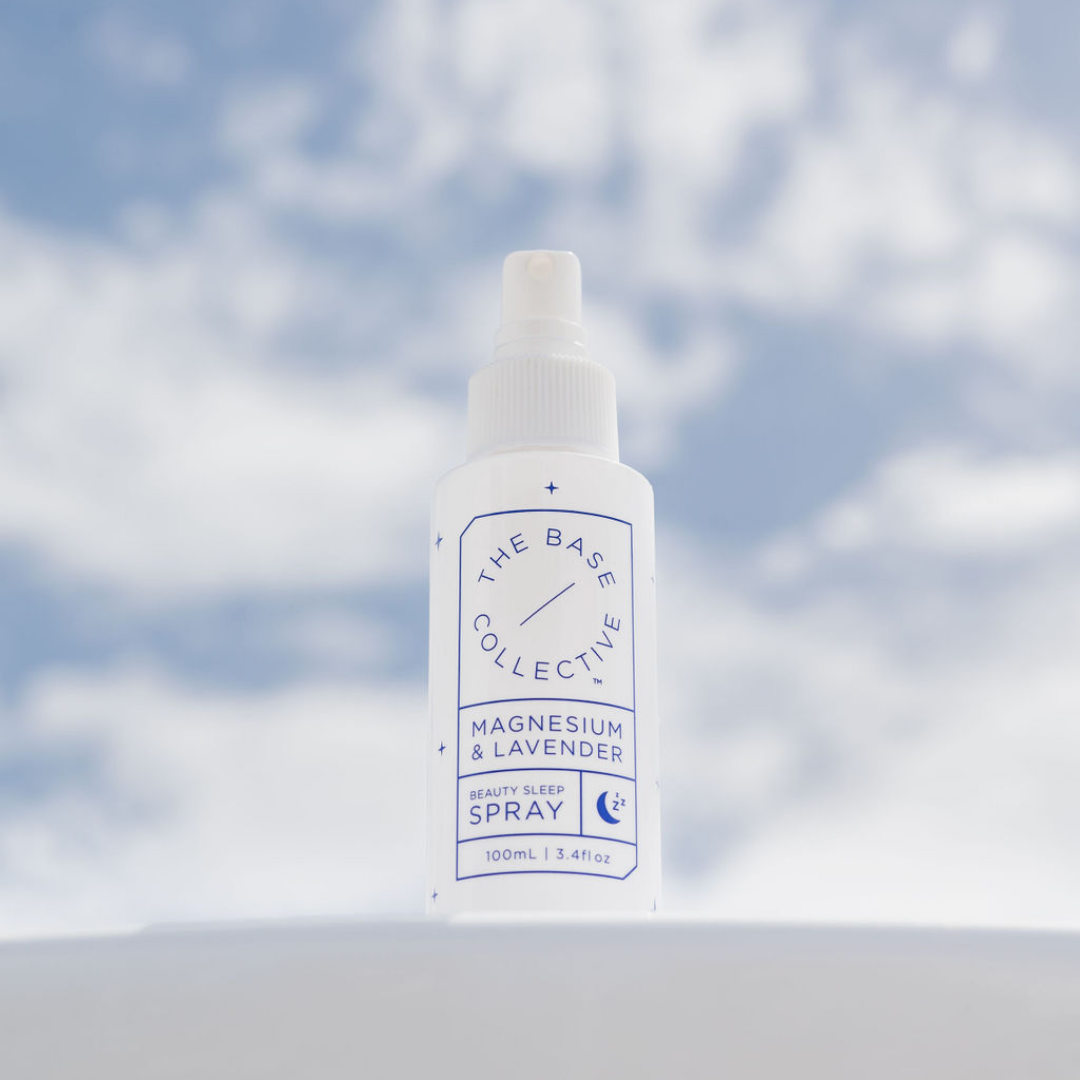
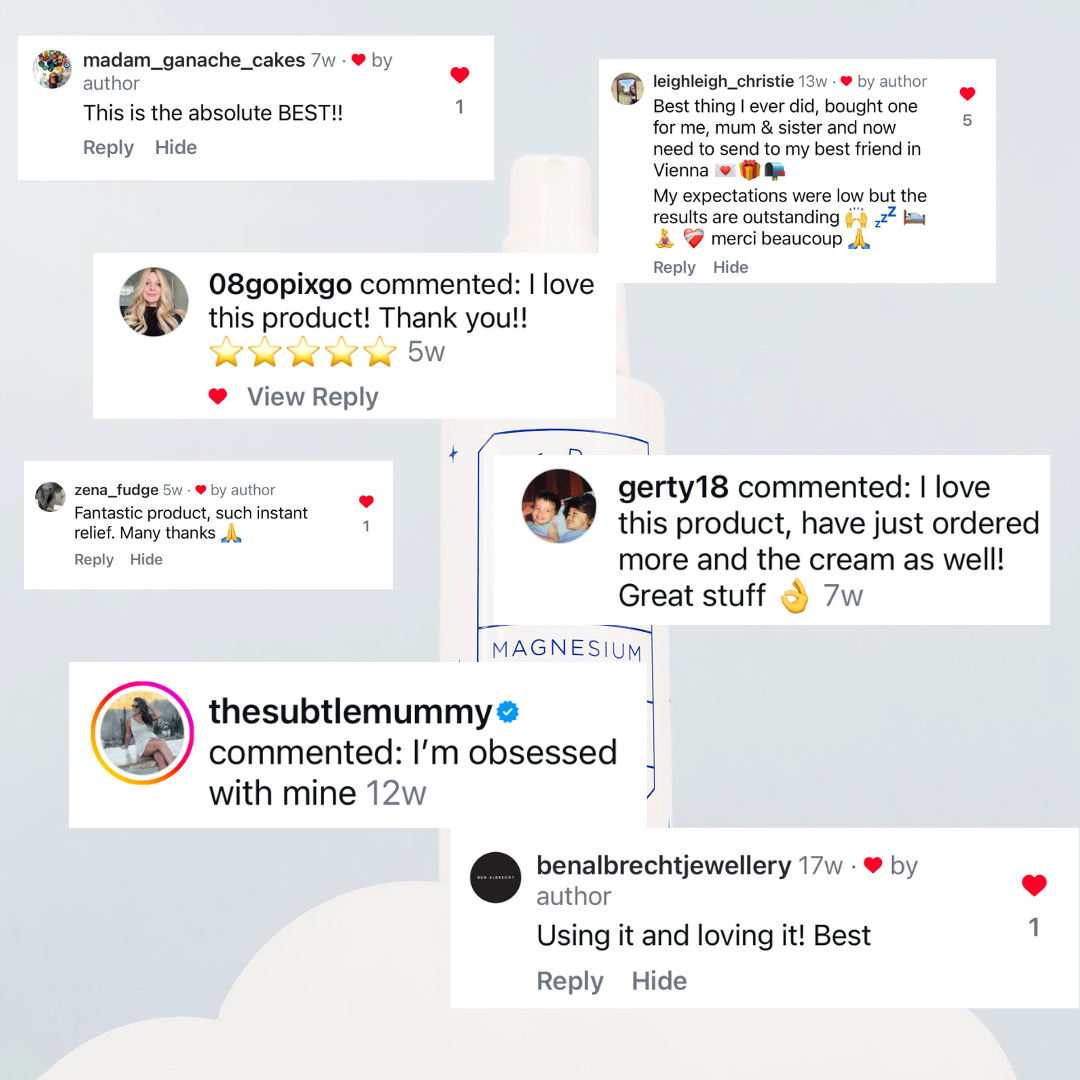
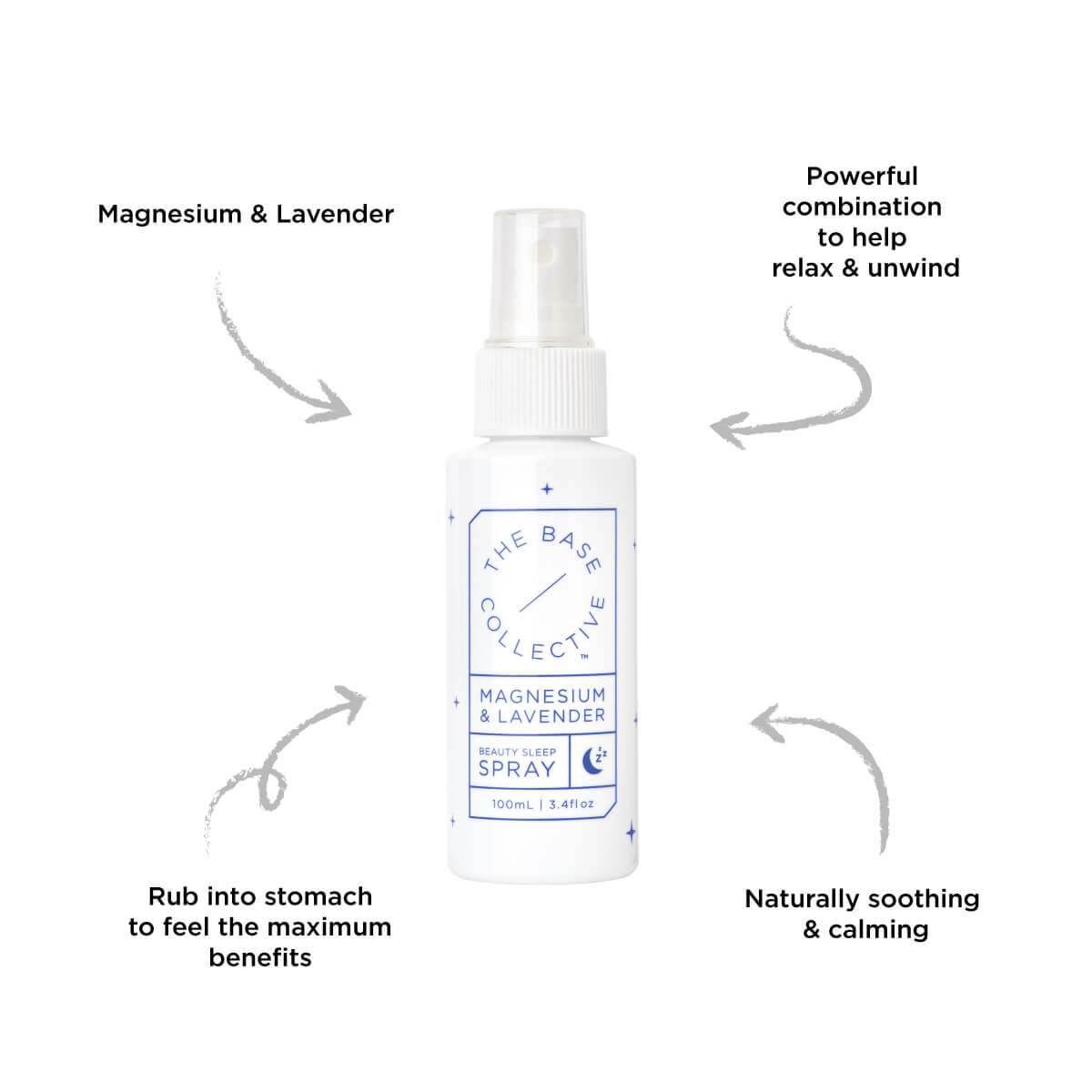

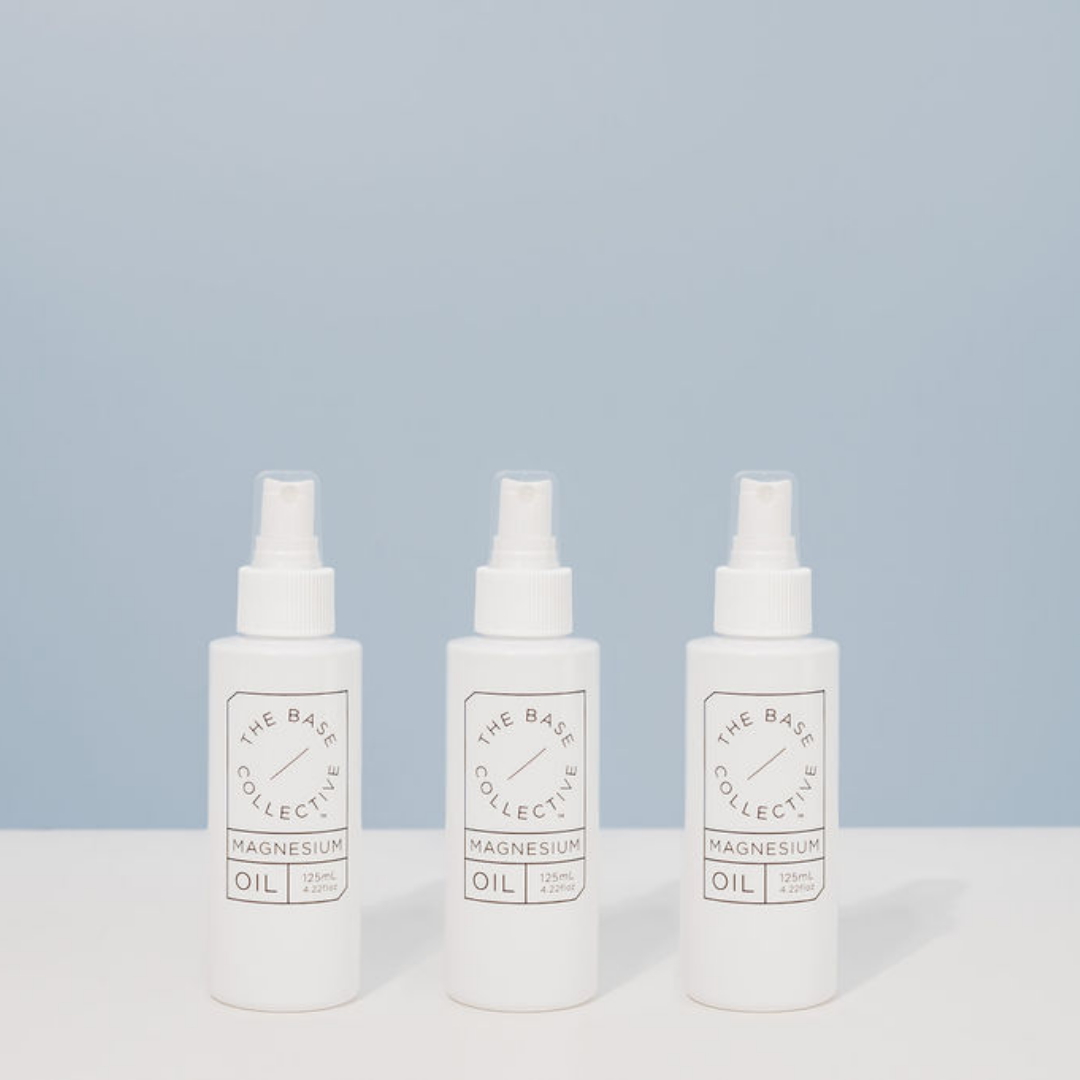

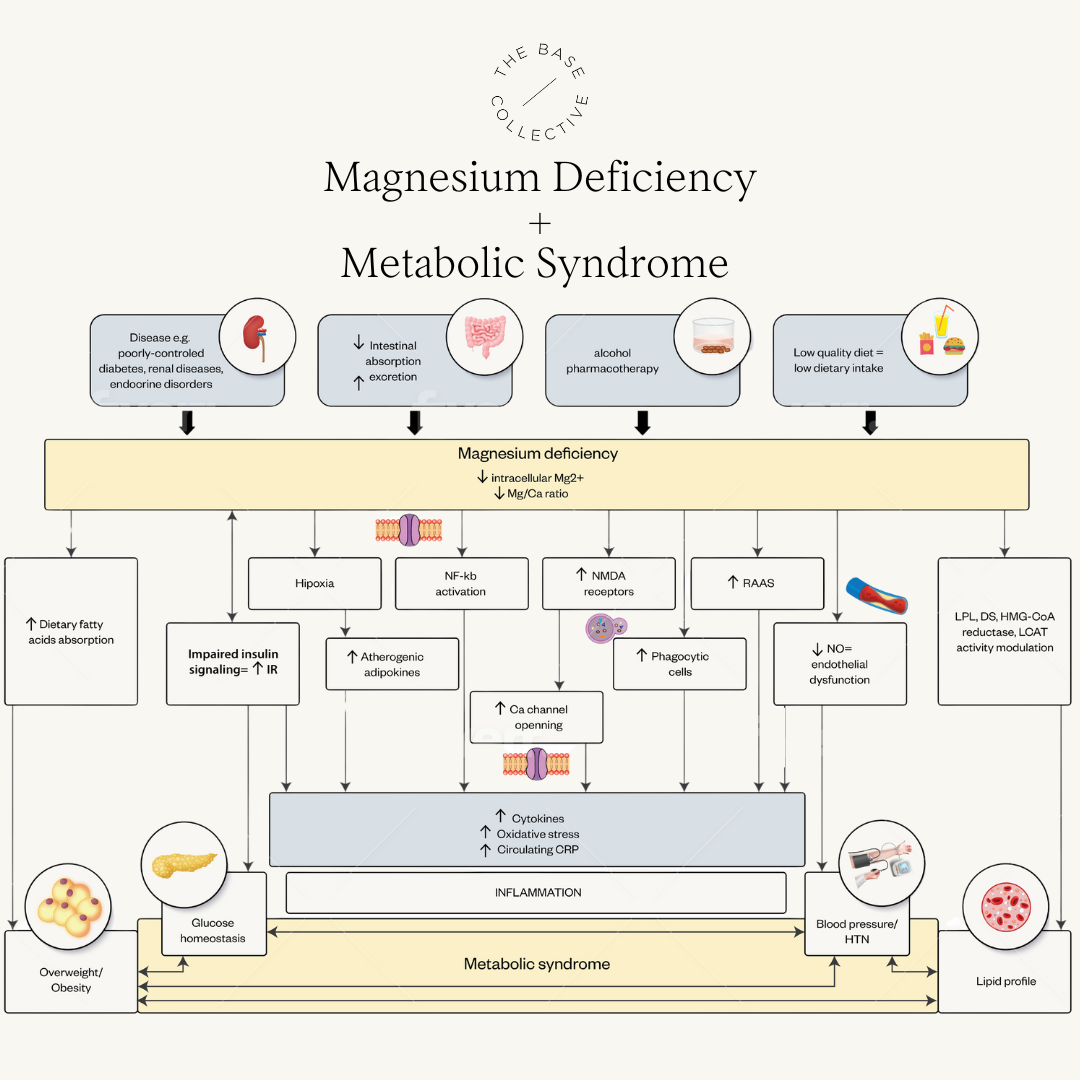
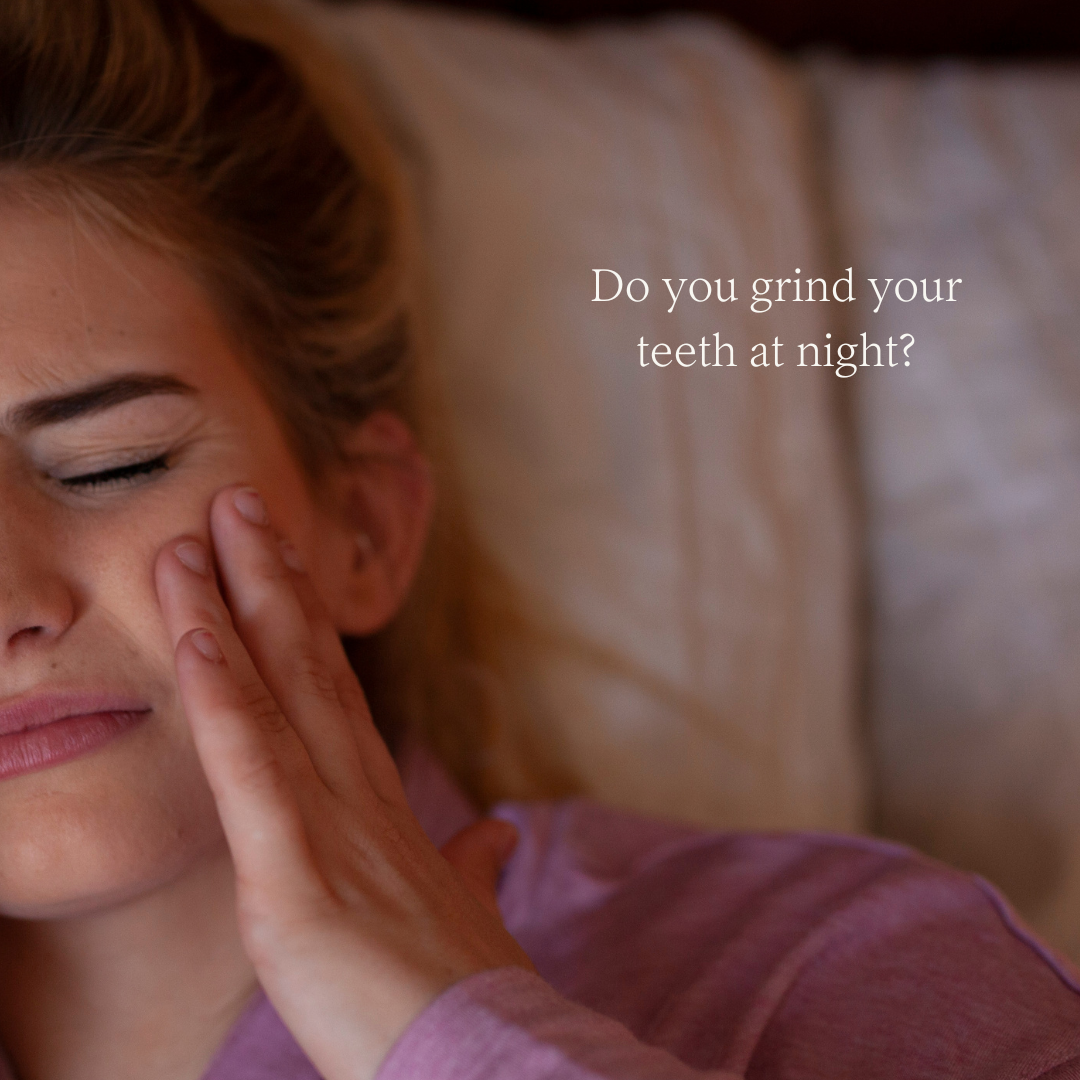
Leave a comment
This site is protected by hCaptcha and the hCaptcha Privacy Policy and Terms of Service apply.